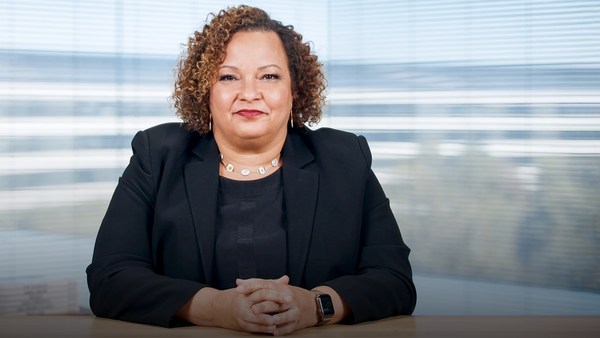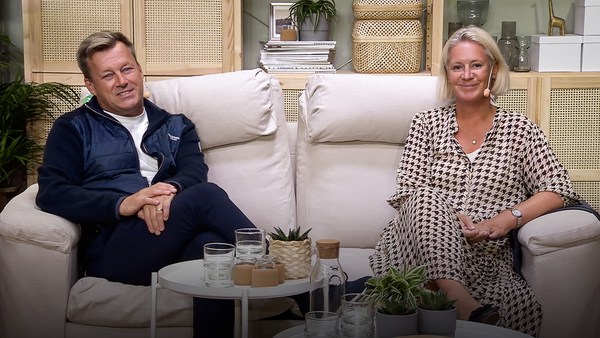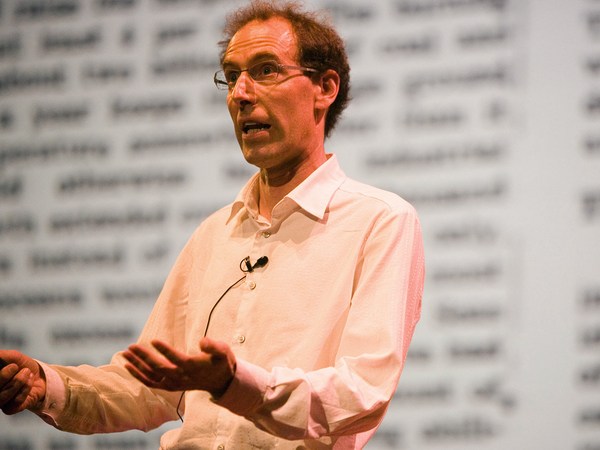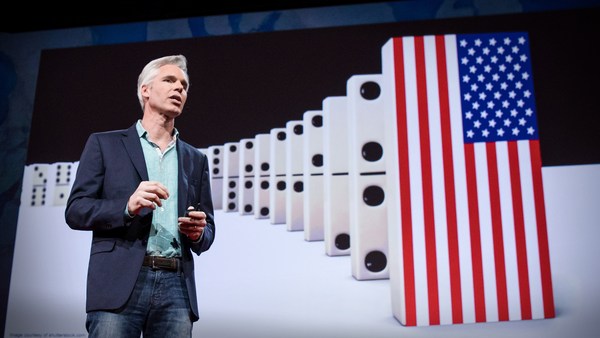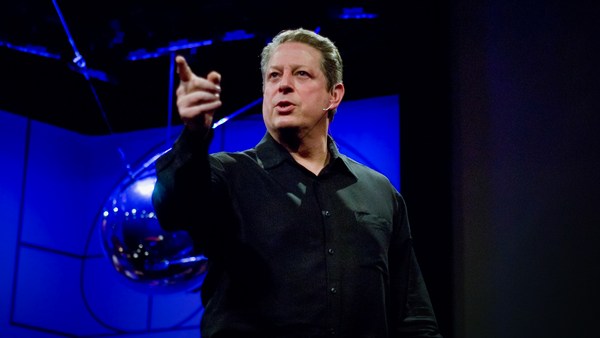I am a tree hugger. I spent much of my childhood on the great lower limb of a massive copper beech, alternately reading and looking up at the sky through its branches. I felt safe and cared for and connected to something infinitely larger than myself. I thought the trees were immortal, that they would always be here.
But I was wrong. The trees are dying. Climate change is killing the cedars of Lebanon and the forests of the American West. And it's not just the trees. Since 1998, extreme heat has killed more than 160,000 people, and unchecked climate change could kill millions more. How did we get here?
There are many reasons, of course, but one of the most important is that we let capitalism morph into something monstrous. I'm a huge fan of capitalism at its best. After all, I'm an economist and a business school professor. I think genuinely free and fair markets are one of the great inventions of the human race. But here's the catch: markets only work their magic when prices reflect real costs. And right now, prices are badly out of whack. We're letting the firms who sell fossil fuels, and indeed anyone who emits greenhouse gases, cause enormous damage for which they do not have to pay. And that is hardly fair.
Imagine for a moment that my hands are filled with a cloud of electrons, 10 dollars' worth of coal-fired electricity that could power your cell phone for more than 10 years. That probably sounds like a pretty good deal. But it's only so cheap because you're not paying for the harm that it causes. Burning coal sends poisons like mercury and lead into the air, increasing healthcare costs by billions of dollars and causing the death of hundreds of thousands of people every year. It also emits huge quantities of carbon dioxide. So another part of the real cost of coal is the climate damage it will cause and is already causing.
More than a million acres burned in California this summer, and massive floods put a third of Bangladesh under water. Hundreds of studies have tried to put a number on these costs. My sense of this work, and here I'm relying on my colleagues in the School of Public Health and my friends in economics, is that generating 10 dollars' worth of coal-fired electricity causes at least eight dollars' worth of harm to human health and at least another eight dollars' worth of climate damage and probably much more. So the true cost of this handful of electrons? It's not 10 dollars. It's something more like 26.
The hidden costs of doing things like burning oil and gas and eating beef are similarly enormous and just as unfair. Everyone who's trying to build a clean economy has to compete with firms that are heavily subsidized by the destruction of our health and the degradation of our climate. This is not the capitalism I signed up for. This is not a market that is either free or fair. So ... What do we do?
The "easy" answer is that governments should insist that anyone who emits greenhouse gases pay for the damage that they cause. However, at the moment, there's not much sign that governments are up for this, partly because the fossil fuel companies have spent the last 20 years using their heavily subsidized profits to deny the reality of climate change and to shower the politicians, who should be regulating them, with money.
So here's my crazy idea. I think business should step up. I think business should fix capitalism. I know. (Laughs) Some of you are probably thinking, "Fat chance." Didn't I just say that companies are the ones denying the science, distorting the market and lobbying the politicians? I did. But fixing this is squarely in the private sector's interest. The truth is business is screwed if we don't fix climate change. It's going to be hard to make money when the great coastal cities are under water and millions of angry people are migrating north as the harvests fail. It's going to be tough to keep free enterprise alive if most people believe the rich and the white are using it to trash the planet for their own benefit.
So let me tell you what this looks like on the ground. My friend Erik Osmundsen left a cushy job in private equity to become the CEO of a garbage company. That sounds like a slightly odd idea. But Erik wanted to make a difference, and changing the way that trash is handled could reduce emissions by billions of tons. Right away, he ran into a massive problem: the industry was thoroughly corrupt. Firms were cutting costs by dumping waste illegally, the regulations were poorly enforced and the fines for violation were tiny.
Erik announced he was going to run clean and to raise prices to cover the costs of doing so. Many of his senior team thought he was crazy. Half of them quit. So did many of his customers. His competitors denounced him for bringing the industry into disrepute, and he started to receive personal threats. But corruption works best when it's hidden.
As soon as Erik went public, people started to step up. A few customers were willing to pay more. His investors agreed that taking the high road could pay off. Those of his employees who remained loved the idea of taking a stand and found all kinds of legal ways to cut costs. Erik persuaded several of his competitors to join him in refusing to dispose of garbage illegally, and it got much tougher for regulators to stay on the sidelines. Today, Erik's company, Norsk Gjenvinning, is one of the largest recycling companies in Scandinavia.
Let me generalize. These are the four pillars of change: Build a business that can set the right price and still be profitable. Persuade your competitors to do the same thing. Make sure that investors understand there's money to be made. And push governments to put the right price into law so that bottom-feeders can't survive. I'm not telling you we've got this nailed. Things are pretty desperate. But there are thousands of businesspeople like Erik, and there are millions of people like us. And we are customers, employees, investors and citizens.
Instead of giving up on capitalism, let's fix it by making sure that markets are truly fair and truly free, and that no one can dump garbage on us and walk away without paying for it. We have the resources and the technology to solve climate change. Together, we can save the trees and each other.
Thank you.
